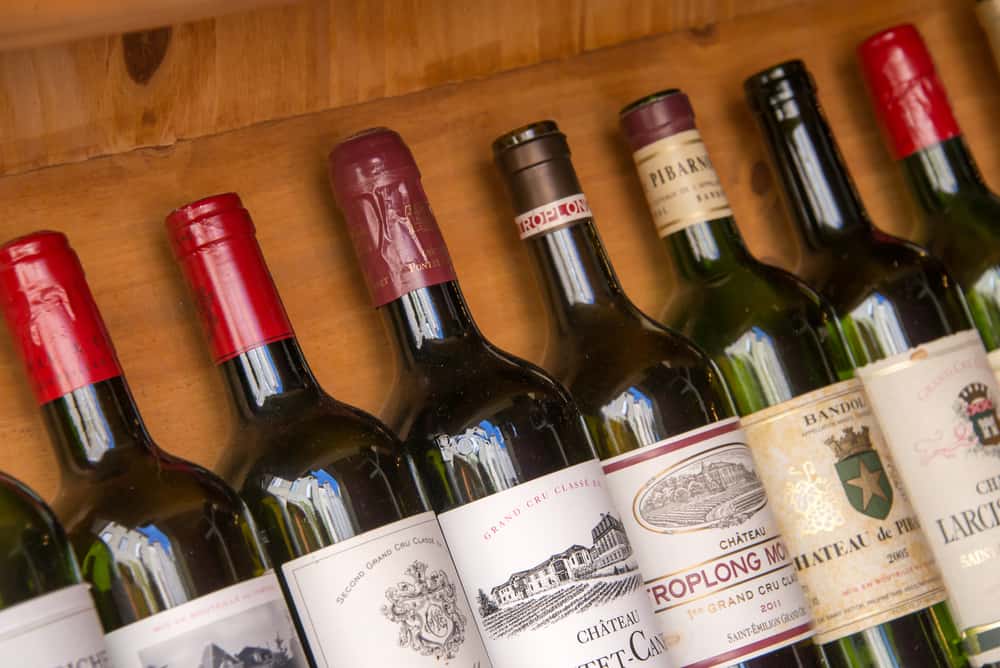The COVID-19 pandemic has been one of the most devastating global health crises in recent history.
The pandemic has developed to be more than a health crisis, as it presents profound socio-economic hardships following the enactment of various measures to counter COVID-19. As a result, different industrial sectors have been affected, such as the wine sector, following the cancellation of some local, national and international events. Additionally, restaurants and bars, which have been the main buyers of wines have closed down, leading to a slump in demand for wine, thus creating a surplus. With wine production concentrating in Europe, some of Europe’s countries like France have opted to venture in crisis distillation projects.
France has announced a €250 million wine distillation scheme, which has been deemed as the first series of support measures for the wine industry amidst the prevalence of COVID-19. According to FranceAgriMer, through the distillation plan, approximately 330 million liters of excess wine will be turned into industrial alcohol. The consequent wine surplus in France has not only been fostered by the loss of sales following the pandemic, but also the significant fall in orders from the U.S. due to the enactment of 25 percent import tariffs in October 2019.
Crisis distillation is backed by the European Commission, which offers support through crisis management measures promoting the transformation of excess wine stocks into alcohol for EU countries such as Italy and Spain, who are also major wine producers. The alcohol is expected to be used for making hand sanitizer, while some will be sold to pharmaceutical and cosmetic companies.
Following the consequent hardships presented by the coronavirus pandemic to the wine industry, governments have come through by providing economic stimulus, thereby rendering their support to the hospitality industry.
They have also presented some significant responses through the formulation of certain policies to limit the economic and human impact posed by the pandemic. The French government, for instance, has enacted tax relief on the French wine sector to ease the impact of the current economic climate. The social welfare tax previously imposed on the wine industry has been scrapped for small to mid-sized companies. This follows the special aid granted to the wine sector, giving them the ability to delay social welfare payments and other tax breaks.
Extensive social distancing measures set in place around the world in an effort to combat the spread of the virus has contributed to the decline of sale volumes after restaurant closures and the cancellation of various events, which are the main sellers of wines. The production of wine has also been affected as many wineries struggle to find storage while 2019 vintage wines remain unsold. With the 2020 grape harvest already in process, there are worries of prices declining, which will further contribute to the economic devastation.
During this period of high demand for disinfectants, the distillation process could be a route producers of alcoholic beverages may want to consider. Whether the reason may be to increase cash flow or to relieve a surplus of their inventory, the act of doing so will help relieve the demand for much needed alcohol while societies continue to fight the pandemic.




